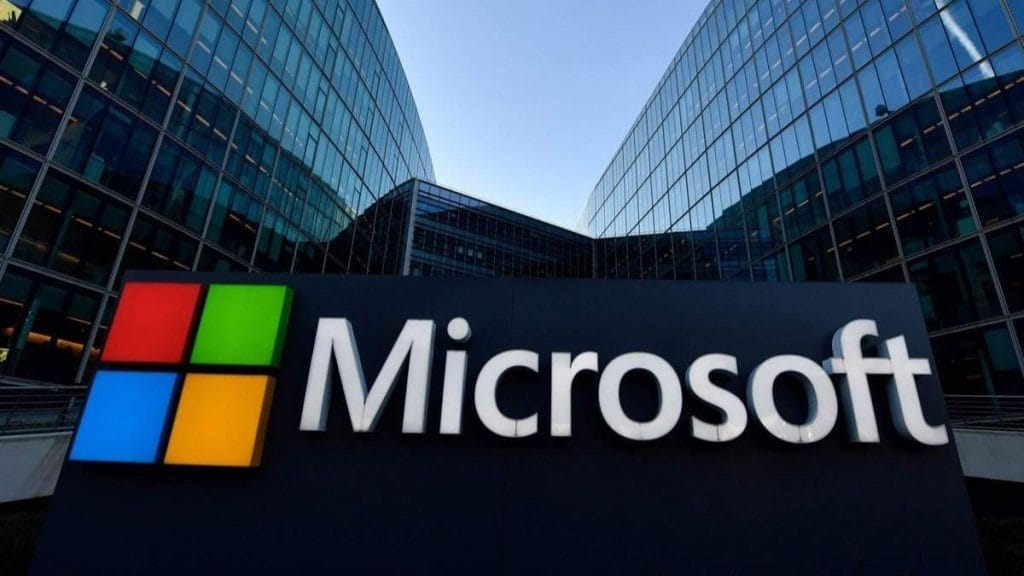New Delhi: An Indian research group called Jugalbandi, supported by Microsoft and Infosys co-founder Nandan Nilekani, has been utilizing generative Artificial Intelligence (AI) to develop a mobile assistant that makes information on government schemes accessible in multiple languages. Jugalbandi relies on language models from AI4Bharat and Microsoft’s Azure OpenAI Service to accomplish this.
The functioning of Jugalbandi involves its ability to comprehend questions in 10 different languages. It retrieves information from government websites, typically written in English, and translates it into local languages to provide answers. This service operates through the WhatsApp messaging platform, which is owned by Meta Platforms.
Microsoft acknowledges the significant potential of Jugalbandi in India, as it addresses the language barrier faced by the population. With only 11 per cent of the 1.4 billion people in India speaking English, Jugalbandi’s multilingual capabilities have become highly valuable. The success stories of this AI bot include assisting students in securing scholarships and helping farmers apply for pensions.
However, Jugalbandi is not without its flaws. While it can provide answers that sound convincing, there is a tendency for the responses to be fabricated. This issue has been termed “hallucination.” One of the main constraints on Jugalbandi’s application is the lack of sufficient data resources, as organizations often lack the necessary resources or capacity to build data pipelines for the bot’s utilization.
Pratyush Kumar, co-principal investigator at AI4Bharat and a principal researcher at Microsoft Research India, acknowledges that these models can sometimes make errors, as they are probabilistic in nature. AI4Bharat is actively working to address and resolve these issues within Jugalbandi.





